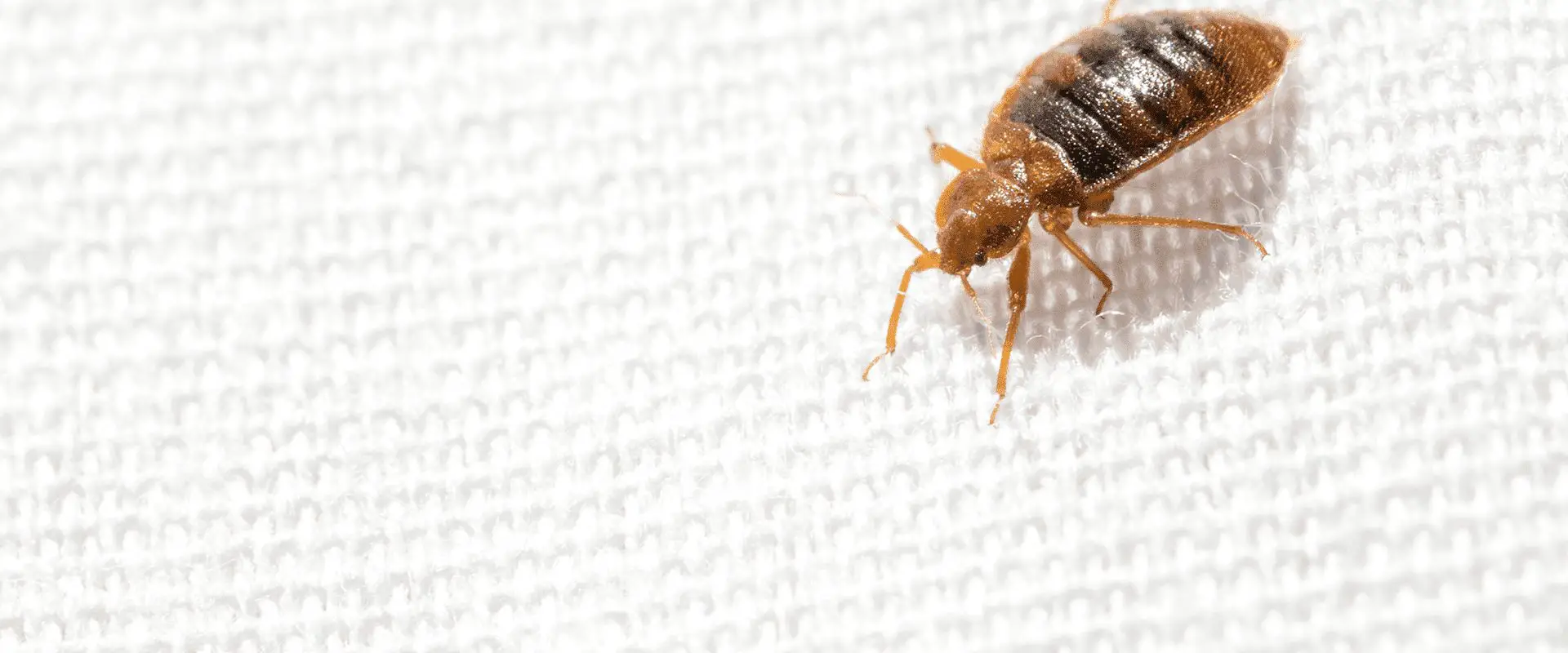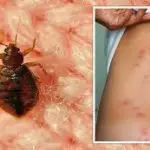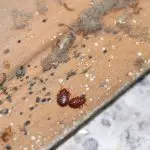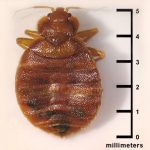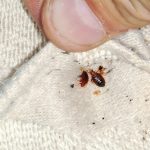What Pesticides Are Bed Bugs Immune to?
In addition to being immune to certain insecticides, bedbugs can pump out enzymes that kill them. This neutralizing mechanism is combined with a mutation in their nerve structure that prevents common pesticides from binding to their nerves. The combination of both defense mechanisms could form a powerful one-two punch against pesticide extermination.
One type of pesticide that is approved for use on bed bugs is cold pressed neem oil. This is extracted directly from the seeds of the Neem tree, a tropical evergreen tree native to Southeast Asia and Africa. The oil contains compounds with insecticidal and medicinal properties. The oil is often used in toothpaste, cosmetics, and shampoo.
Another type of insecticide that is resistant to bed bugs is the synthetic neonicotinoids. These insecticides are the most widely used insecticides on the market. However, it is important to note that these chemicals are losing their effectiveness over time. As such, it is essential to seek other methods of pest control to eliminate bed bugs.
The genetics of bed bugs show that the resistance mechanisms are due to mutations in two genes. One of these genes codes for a metabolic enzyme called cytochrome p450. Similar to human cytochrome p450, this enzyme is produced in large quantities by the bed bug’s resistant genetic variant. The other mechanism involves a protein on the surface of nerve cells called ion channel. Insecticides target the ion channel protein. The mutation in the bedbug’s ion channel makes the pest immune to the chemicals.
